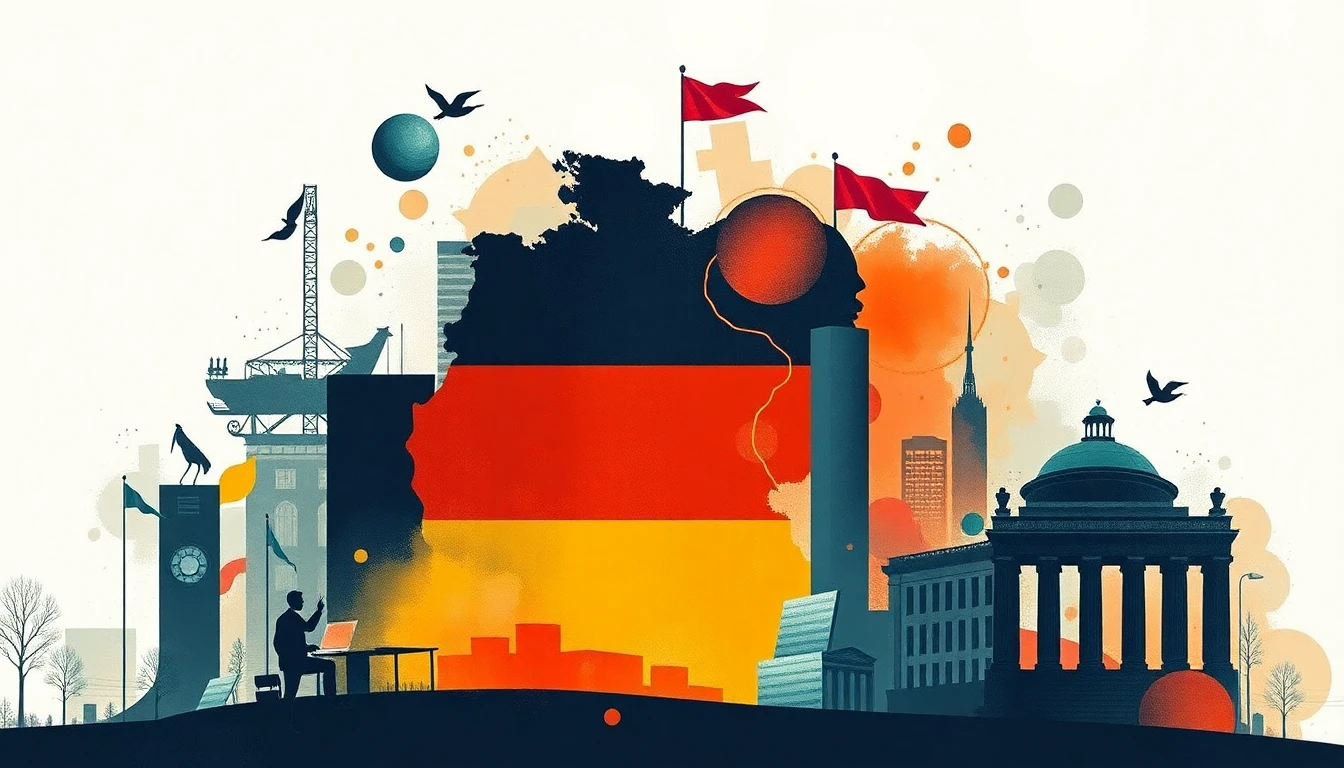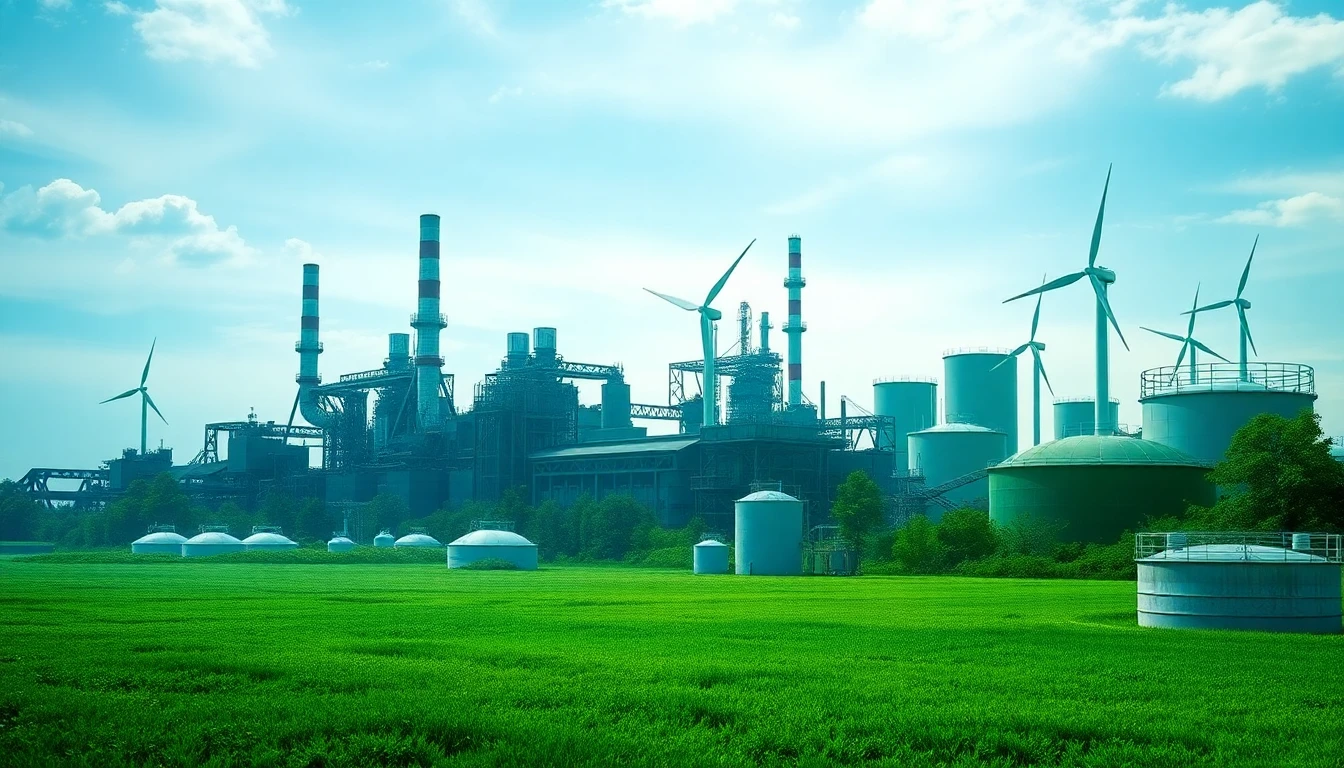German Chancellor Olaf Scholz has unveiled ambitious plans to boost Germany's economy and support workers as he campaigns for re-election.
Central to his strategy is the proposal of a new investment fund, the "Deutschlandfonds," which aims to be financed through both public and private capital.
Scholz is also advocating for a reform of the debt brake to allow for more strategic investments in the country's modernization and security.
Additionally, he has pledged to increase the minimum wage to 15 euros by 2026, emphasizing his commitment to improving workers' living standards.
Scholz's economic agenda includes a "Netzentgeltbremse" to stabilize energy costs and an investment bonus to encourage private sector growth.
These measures are part of his broader vision to ensure competitive industrial electricity prices and prevent EU-imposed penalties on the auto industry for failing to meet CO2 emission targets.
Scholz's proposals reflect his focus on economic resilience and social equity as key themes in his re-election campaign.







